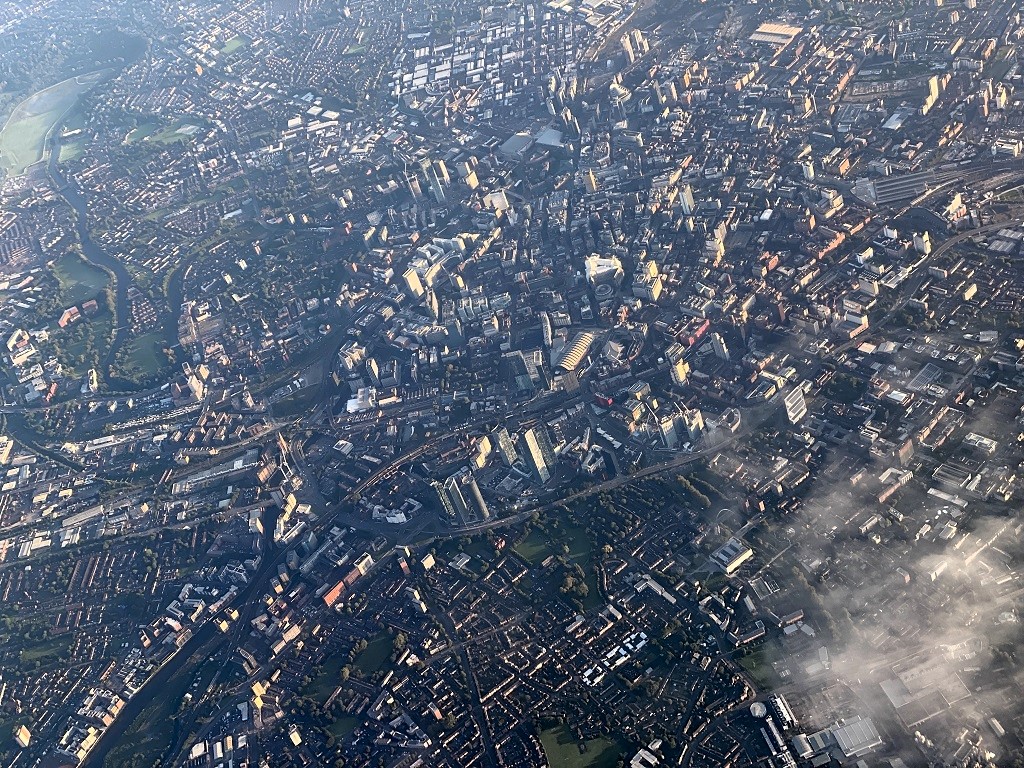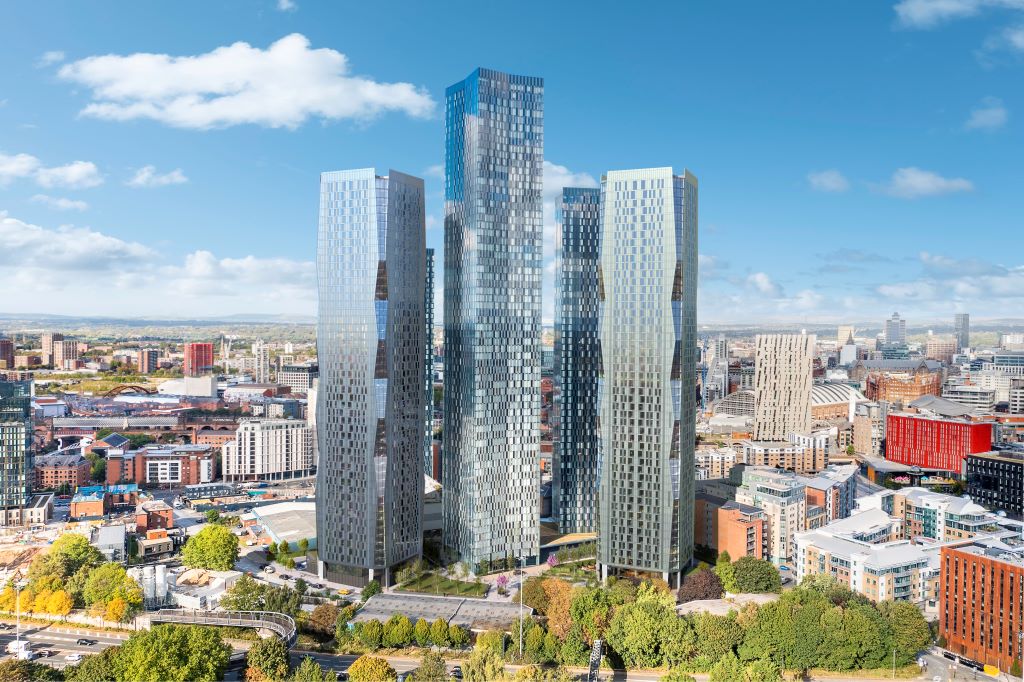DTZ: Manchester occupiers enjoy buyer’s market
Office occupiers in Manchester benefited from savings in 2010 as costs fell by 3% and accommodation efficiency increased, according to a study by DTZ.
DTZ's annual Global Occupancy Costs: Offices survey assesses the main components of occupancy costs in 121 business districts in 47 countries/territories across the globe, ranking each location based on annual costs per workstation. It includes rents and outgoings, such as maintenance costs and property tax.
Rob Yates, director of DTZ's office agency in Manchester, commented: "Once again Manchester features as a good value for money location in terms of overall business cost. Occupiers continue to look at the cashflow over the length of their lease which will become acute when the International Accounting Standard 37 comes into operation in April 2012."
Average occupancy costs in the UK will grow 2.1% year-on-year to 2015, according to the DTZ study. Rental increases will drive the forecast rise in occupancy costs across the UK. Other outgoings, such as property taxes and service charges, are also set to increase. Although occupiers will continue to benefit from substantial savings in many markets over the next few years, UK average occupancy costs will have returned to peak 2007 levels by 2014 (£6,280), and will be 3.3% higher than peak levels by 2015 (£6,490).
Occupiers in cities outside London will see occupancy costs rise below the UK average, by between 1.2% and 1.9% per annum to 2015. As a result, occupancy costs in the regions will only reach peak 2007 values in 2015. Moderate rental growth and relatively lower property tax uplifts compared to London markets accounts for this difference.
In Cardiff, Birmingham and Newcastle overall costs per workstation remained broadly unchanged over the year, while in Bristol and Glasgow costs rose by 6-7%, due predominantly to a rise in rents.
Edinburgh is ranked as the most expensive city in the UK outside London, at £5,000 per workstation, despite costs in 2010 rising at a rate below the UK average. It was followed by Birmingham (£4,800 per workstation), Manchester (£4,570 per workstation), Glasgow (£4,520 per workstation), Bristol (£4,410 per workstation), Leeds (£4,310 per workstation), Newcastle (£3,300 per workstation) and Cardiff (£3,250 per workstation).



